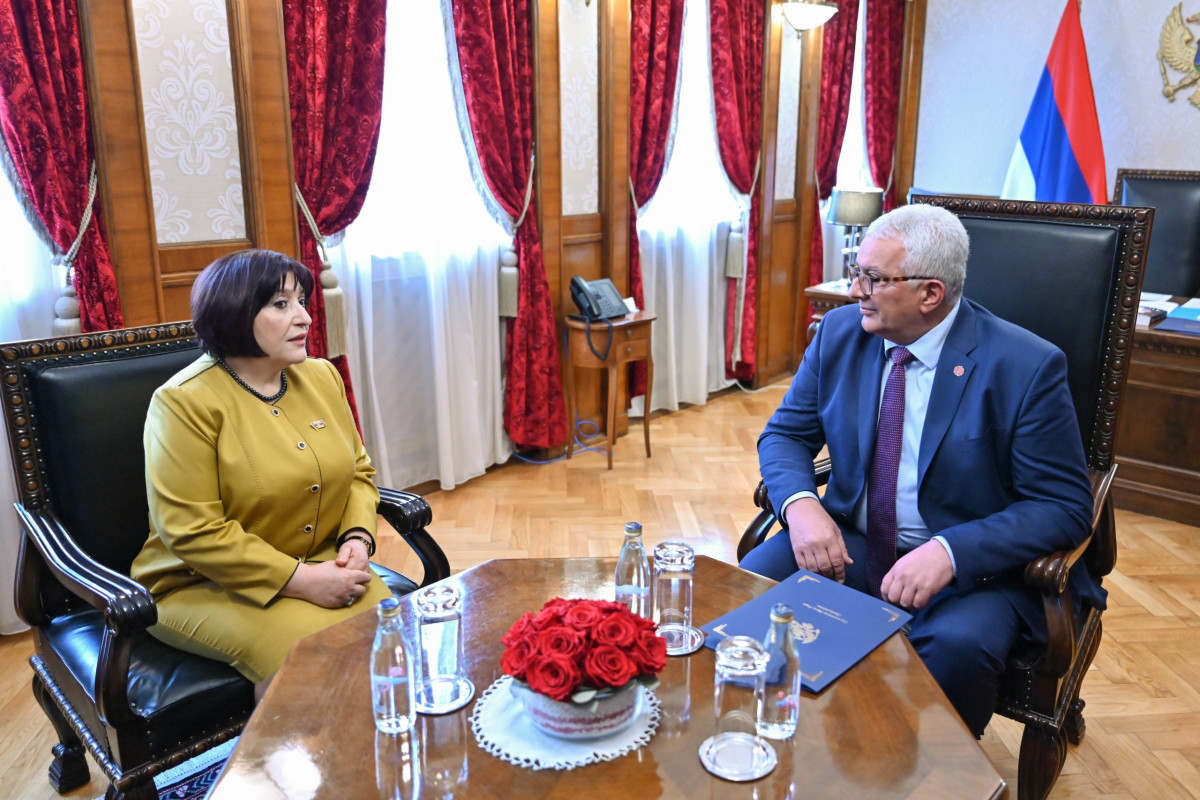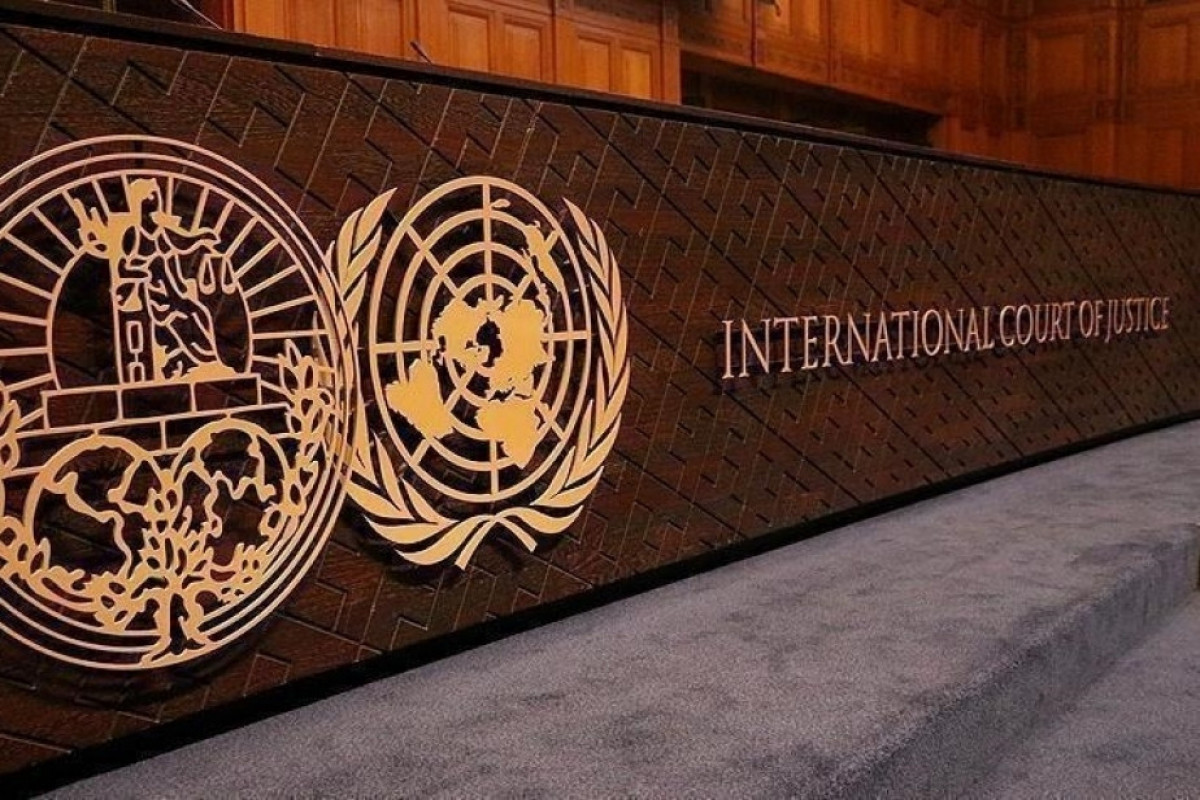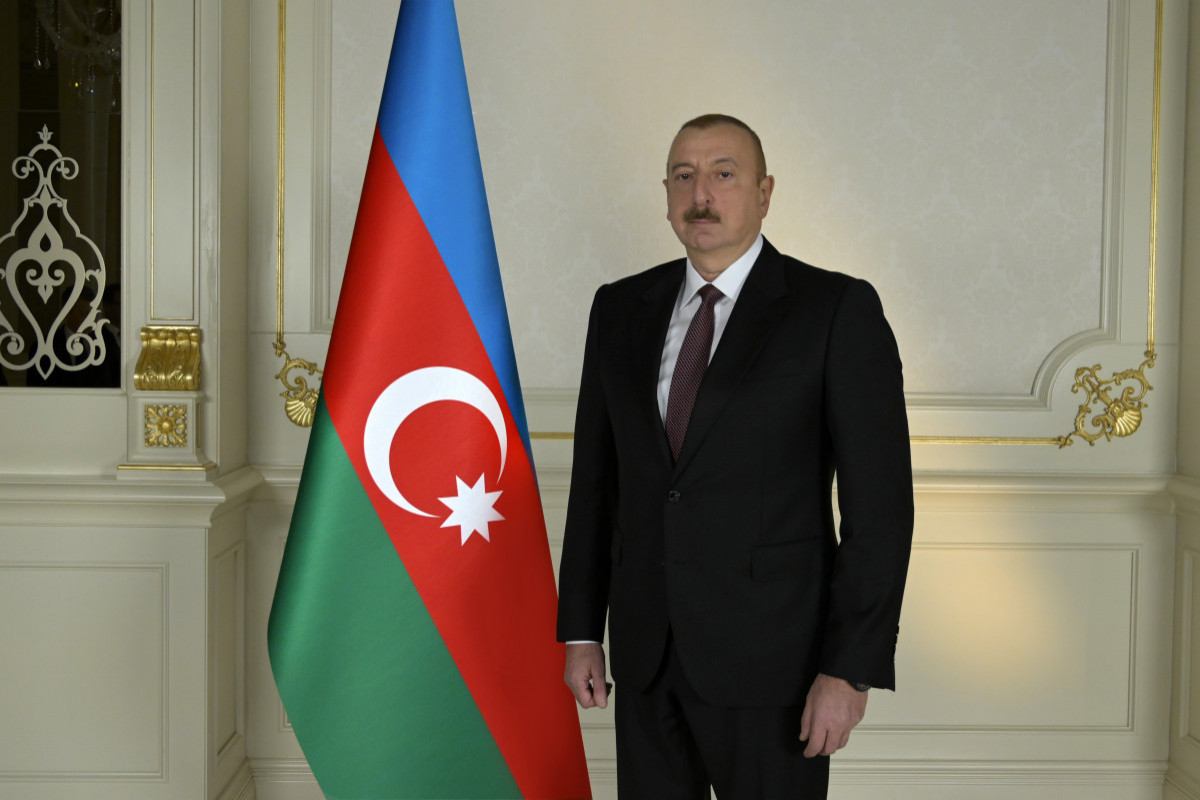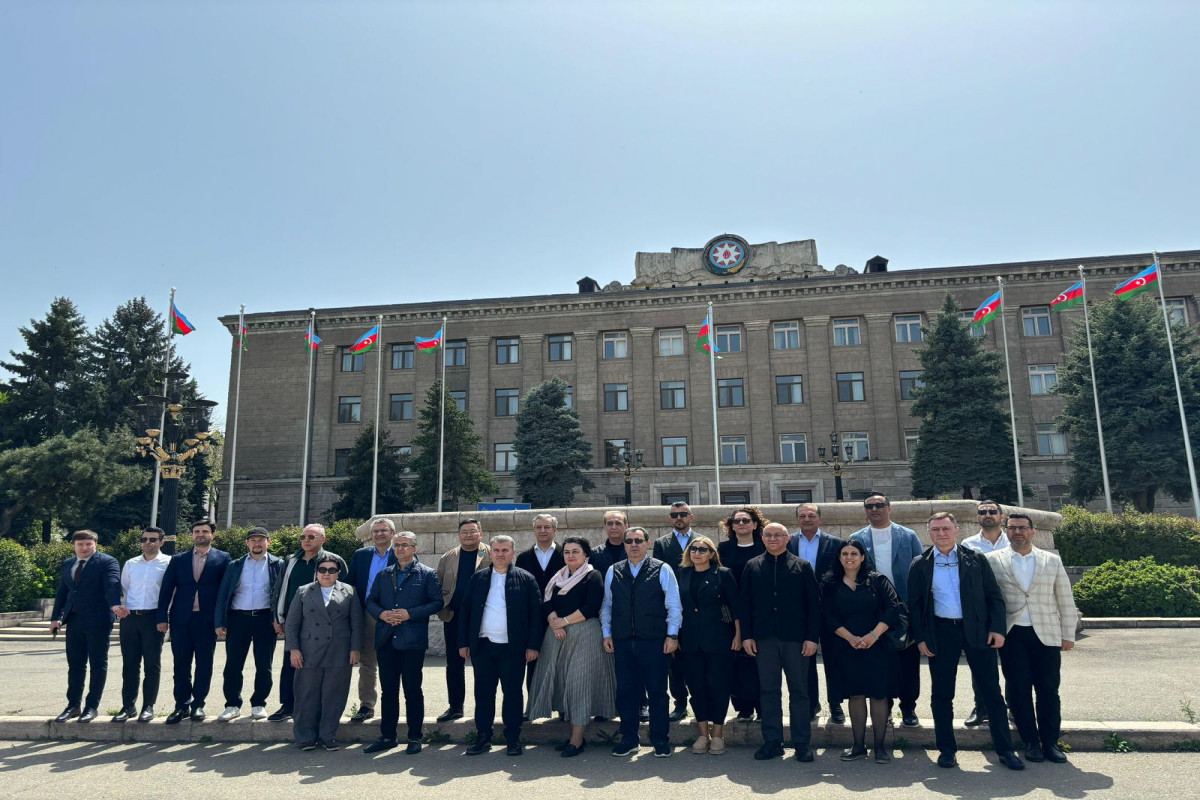Baku. Anakhanum Idoyatova - APA. Ambassador Extraordinary and Plenipotentiary of the Republic of Moldova to Azerbaijan Igor Bodiu’s interview with APA:
- Mr. Ambassador, how do you assess the level of development of relations between Moldova and Azerbaijan? What processes are going on now? Are there any new projects that are being implemented?
- Azerbaijan and Moldova have traditionally enjoyed friendly and strategic relations. As for the development of these relations in 2014, we talk about a certain positive dynamics. In 2014, a number of major events were held as well as Azerbaijan hosted days of culture of Moldova in late April and early May and Moldovan Minister of Economy Adrian Candu, Moldova’s Prime Minister and Foreign Minister Natalia Gherman made visits to Azerbaijan. In economic terms, the trade turnover between the two countries over the last ten months accounted to $5 mln and positive balance of trade belongs to Moldova. Shortly, the relations are developing normally and we intend to strengthen it next year as well. In this regard, we have agreed on holding consultations between the foreign ministries of the two countries by participation of deputy foreign ministers, a meeting of the intergovernmental commission on economic and trade cooperation in the first half of 2015 as well as the arrangement of President of Azerbaijan Ilham Aliyev’s official visit to our country.
- You said that economic cooperation between the two countries is not yet up to par. What is the main reason for weakness in the pace of development?
- You are right, both countries have not yet involved all their capabilities in the trade and economic cooperation. There are objective and subjective reasons. For example, in the area of production, if we take agricultural potential into account, we can see that our countries produce almost the same products. That is why the volume of bilateral trade between the two countries is not so higher. However, there are other interesting areas of economic cooperation, such as investment and industrial cooperation. We strongly hope that Azerbaijan would invest in different spheres of Moldovan economy, in particular, the privatization of state property, as well as different economic projects. Specific steps have already been taken in this regard. Thus, the Azerbaijani cooperation Evrascon and the Czech company OHL jointly won the tender for the reconstruction of the highway Chisinau-Ungheni-Sculeni, worth about 80 million euros, to be carried out with the participation of the European Investment Bank. There are also projects in energy sector. But Moldova is the only country where SOCAR has no specific investments. As is known, SOCAR is actively involved in investment projects in our friendly and neighboring countries – Romania, Ukraine and Georgia, however Moldova falls outside of this format. Taking this opportunity, I would like to re-invite SOCAR President Rovnag Abdullayev and the company representatives to visit Moldova to explore investment opportunities, including the oil terminal in the city of Giurgiulesti or the construction of Giurgiulesti oil refinery. I note that these and other issues will be discussed at the upcoming meeting of the intergovernmental commission.
- What changes do you expect from the new government? Can these changes relate to the foreign policy of Moldova?
- Changes in the relations with Azerbaijan can be only in terms of their improvement and further development. As you know, parliamentary elections were held in Moldova on November 30 this year. A new government will be formed in Moldova in the near future. Five parties have entered the parliament. Three of them stand for Moldova’s integration to Europe. As is known, in June of this year Moldova signed an association agreement with the European Union. The European Parliament and the parliaments of several countries have already ratified the agreement. Moldova's new government will deal with the implementation of this agreement. Also, I would like to note that there is a visa-free regime between Moldova and the European Union. In this sense, we are the only Eastern Partnership country that has a visa-free regime with the European Union.
- Does this agreement on visa-free regime mean Moldova will become an EU member?
- EU membership is desired by every country, and it’s a long-term goal for them. The “homework” has to be fulfilled. That is to say, the country’s legislation should be adjusted to EU standards. It’s about reforms in the justice area, the fight against corruption and improvement of the functionality of state institutions. Associative membership is preparation. It’s the first step of bringing the country to EU standards.
- How do you assess the ongoing negotiations for the resolution of the Transnistrian conflict?
- The negotiation process is still standing still, because the opposite side does not want to continue the talks on the status of the Transnistrian region within Moldova. Transnistrian officials do not consider contacts of certain groups on strengthening measures to build confidence as a priority issue for the talks. The negotiation process is carried out with the “5+2” format. “2” signifies Moldova and the Transnistrian, and “5” symbolizes the international mediators – Russia, Ukraine, the OSCE, the United States and the European Union. This format was created to discuss the status of the Transnistrian region within the territorial integrity and sovereignty of Moldova. Unfortunately, the negotiation process is advancing slowly, and the “frozen” Transnistrian conflict remains as one of the main problems for Moldova.
- There was some media coverage of the Transnistrian region’s possible annexation by Russia….
- Ambassadors do not normally comment on rumors and assumptions. All I can say is that the Transnistrian cannot be annexed by Russia, not even hypothetically, because this region of Moldova is not bordered with Russia. Because between them is the territory of Ukraine, which is 600 to 1,000 km long. This annexation could only have place if a corridor stretching to Odessa Province along the south of Ukraine were created after military operations had began in Donbass. As we all know, this plan did not work. So it’s non-sense to talk about the Transnistrian region’s annexation.
- How do you evaluate the level of bilateral cooperation within international organizations?
- The level of Moldova’s cooperation with Azerbaijan within different regional and international organizations is high enough. In the international arena, we understand and support each other very well. For instance, Moldova supported Azerbaijan when it was elected a non-permanent member of the UN Security Council. Moreover, we closely cooperate through the Black Sea Economic Cooperation, the OSCE, GUAM, and the Council of Europe.
- Which joint projects are you currently working on?
- There 59 agreements and contracts between Moldova and Azerbaijan. Another 8 projects on different areas of bilateral cooperation is currently being developed.
- How do you evaluate the annual results of the Nagorno-Karabakh talks?
- I’ve got to say these negotiations are going hard. There’s no progress. Unfortunately, this is a common feature for all frozen conflicts. As before, Moldova supports a peaceful resolution to the Nagorno-Karabakh conflict within territorial integrity and inviolability of the internationally recognized borders of Azerbaijan, as well as the territorial integrity of Ukraine. What is happening with our neighbor Ukraine is an international outrage. And I want to express Moldova’s full support for Ukraine which is fighting for its territorial integrity.






